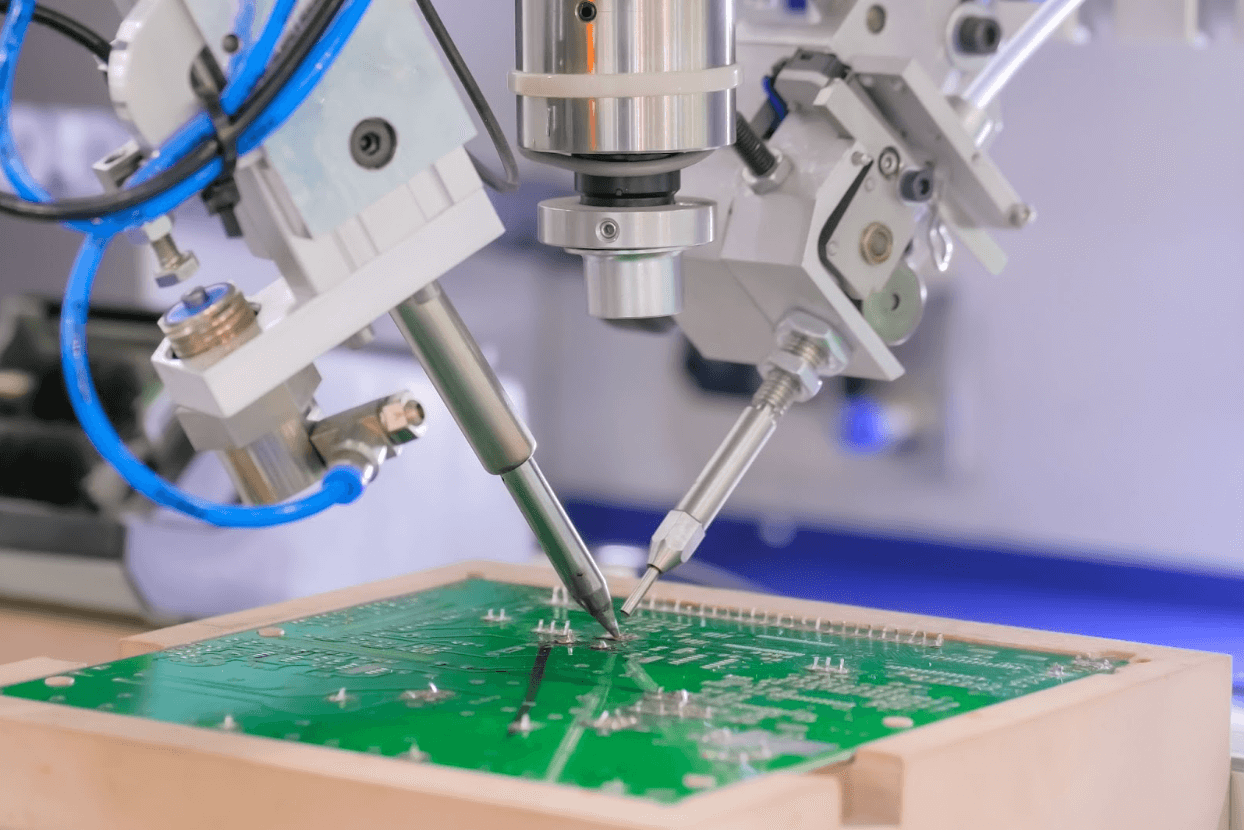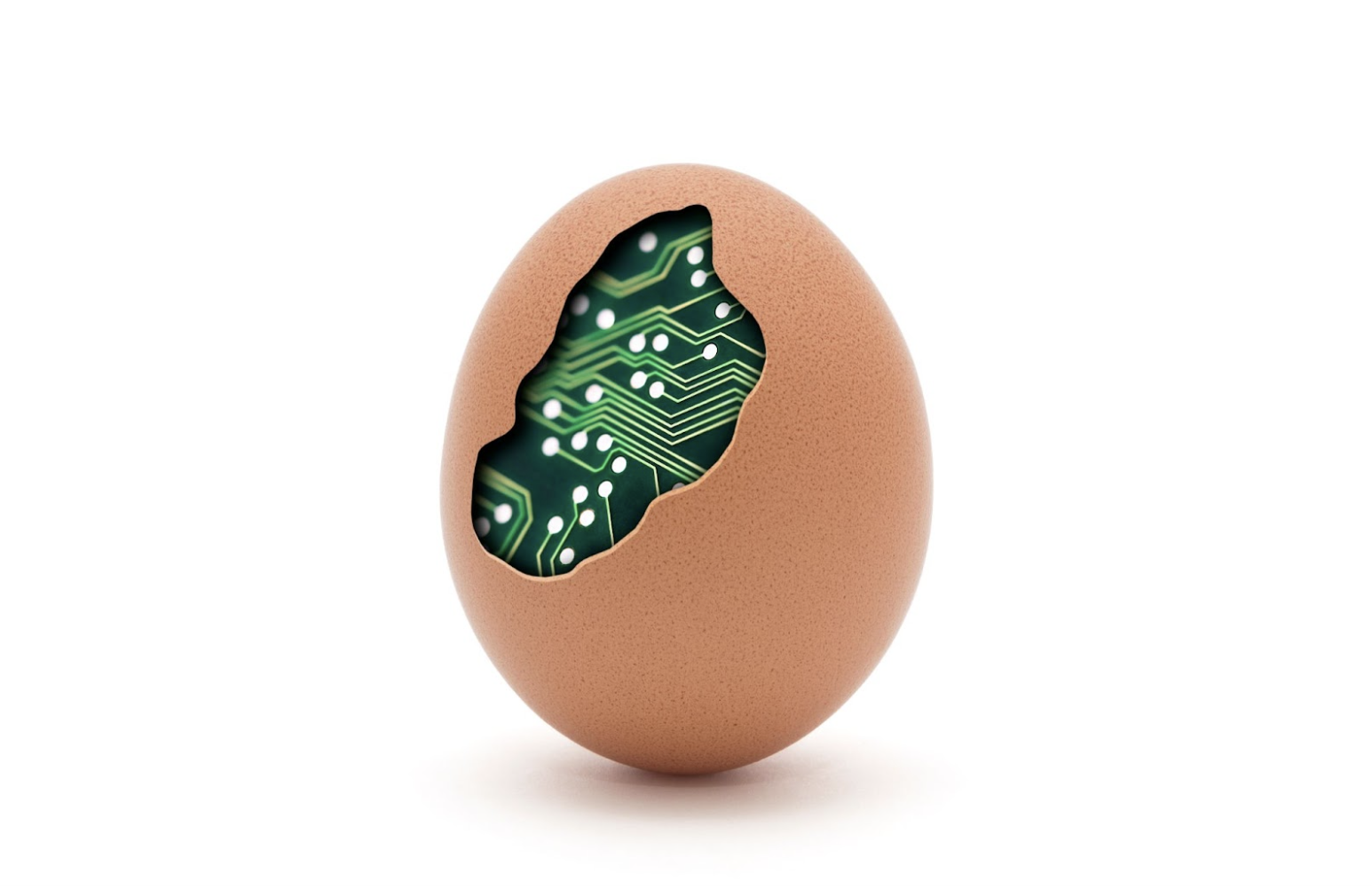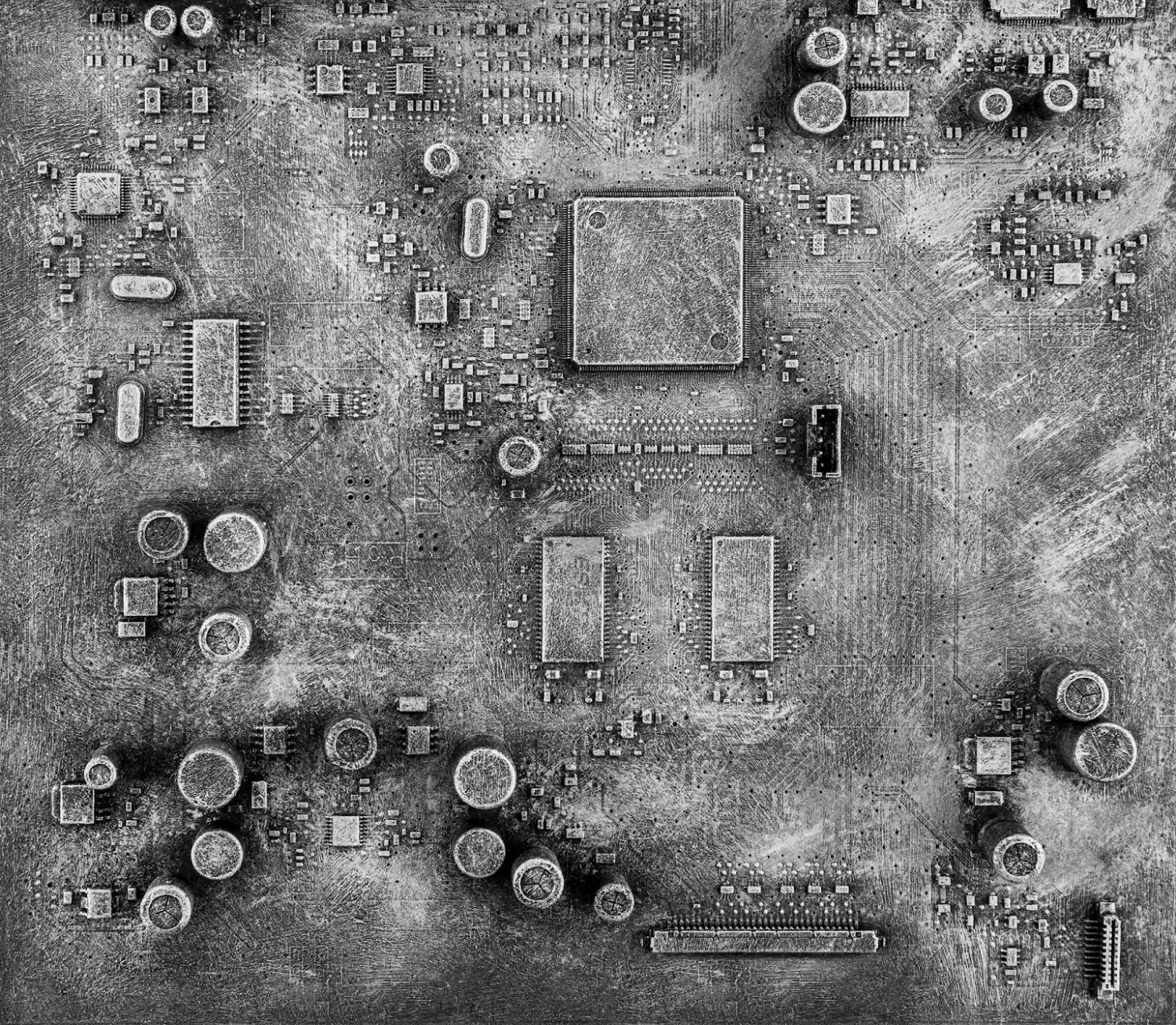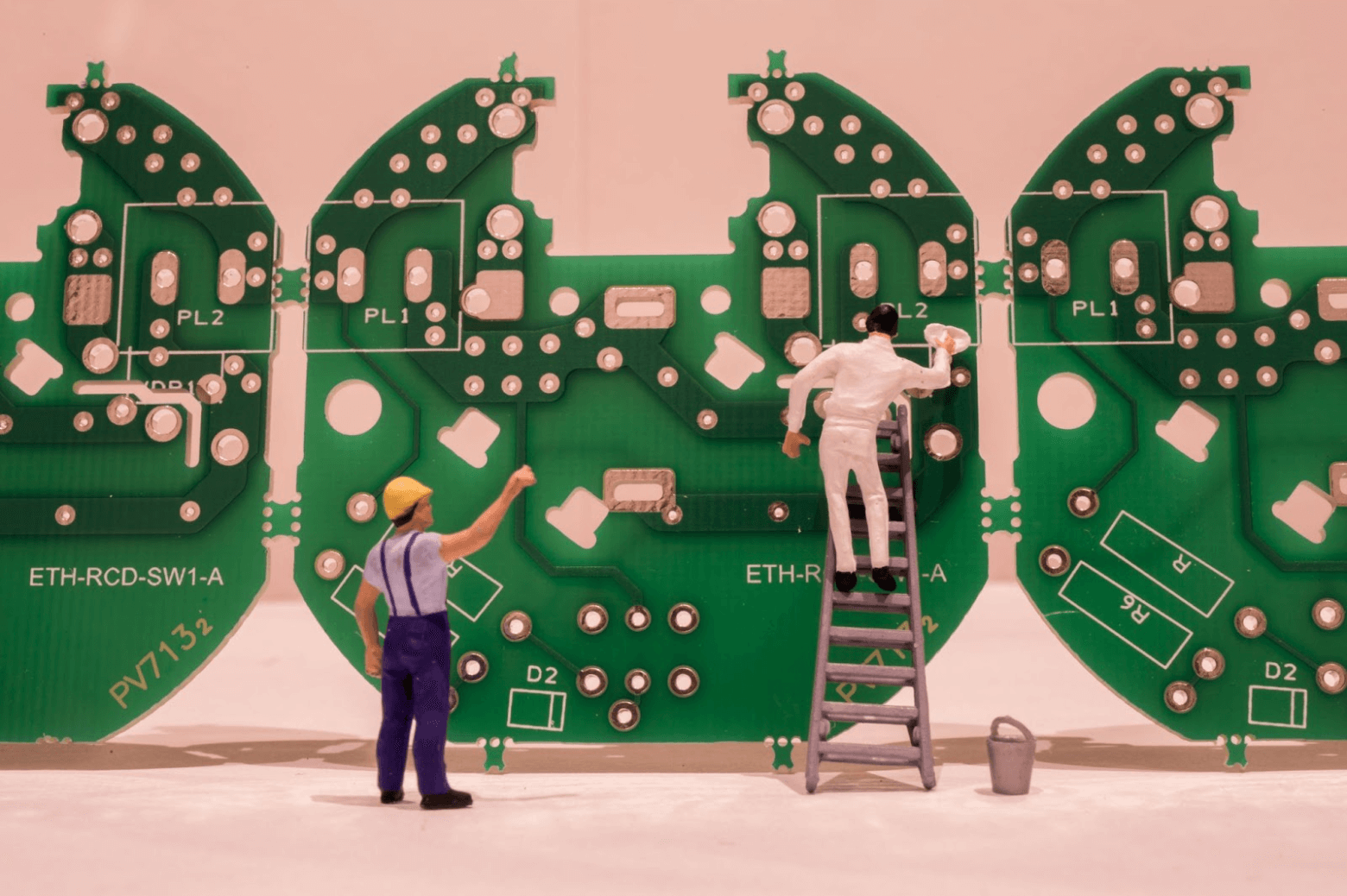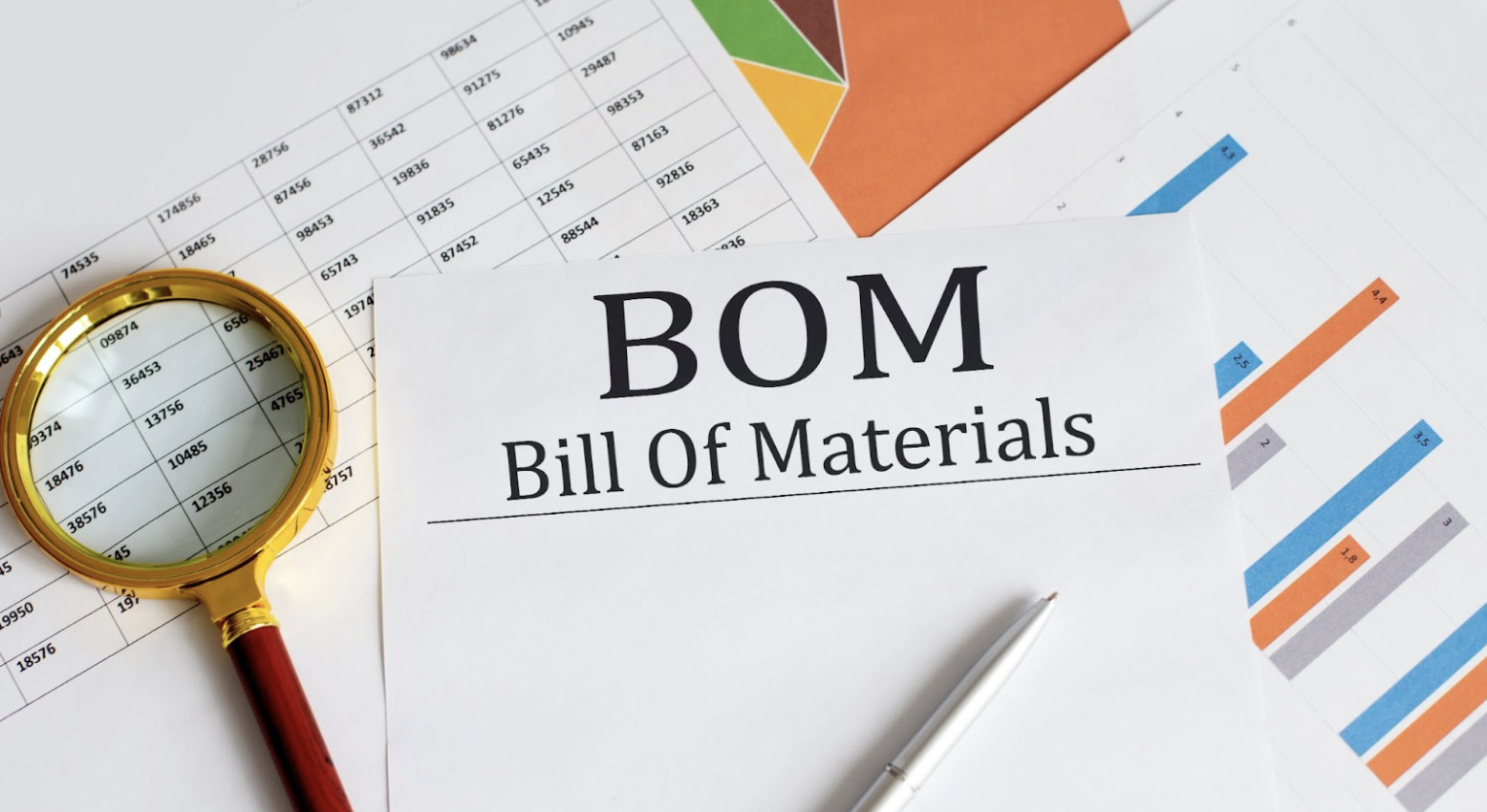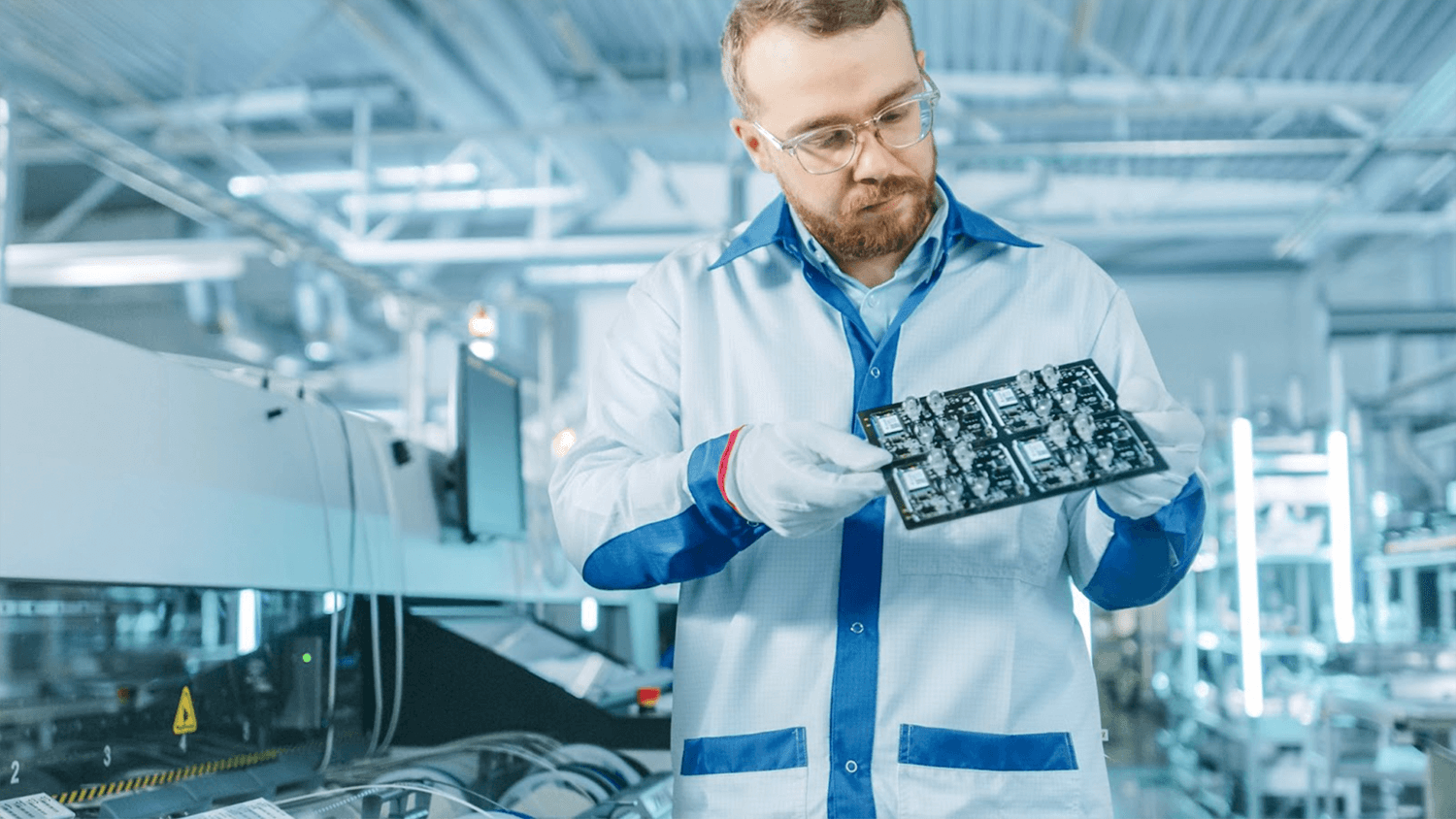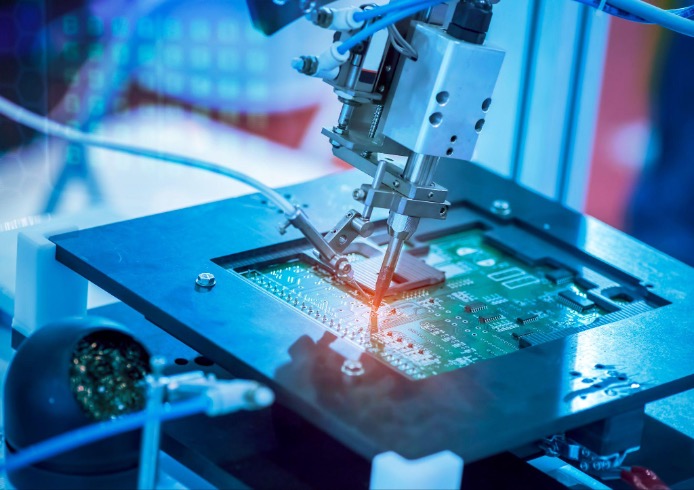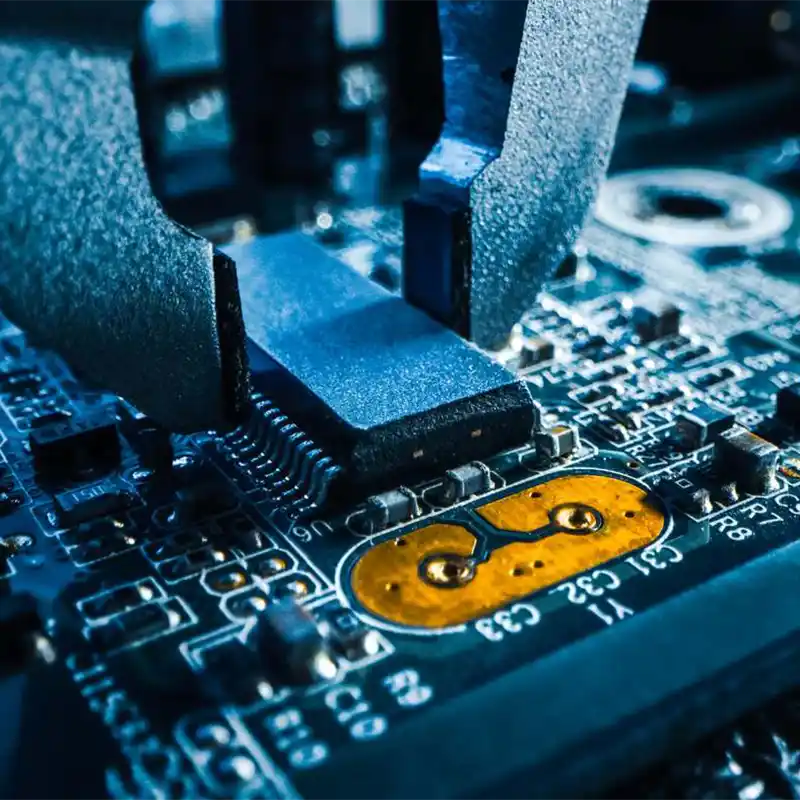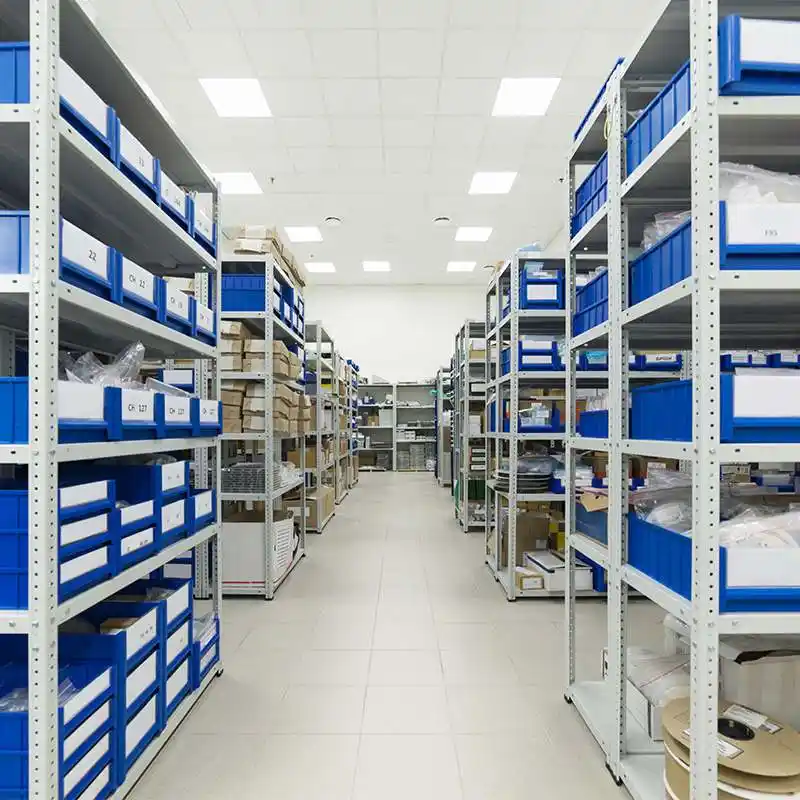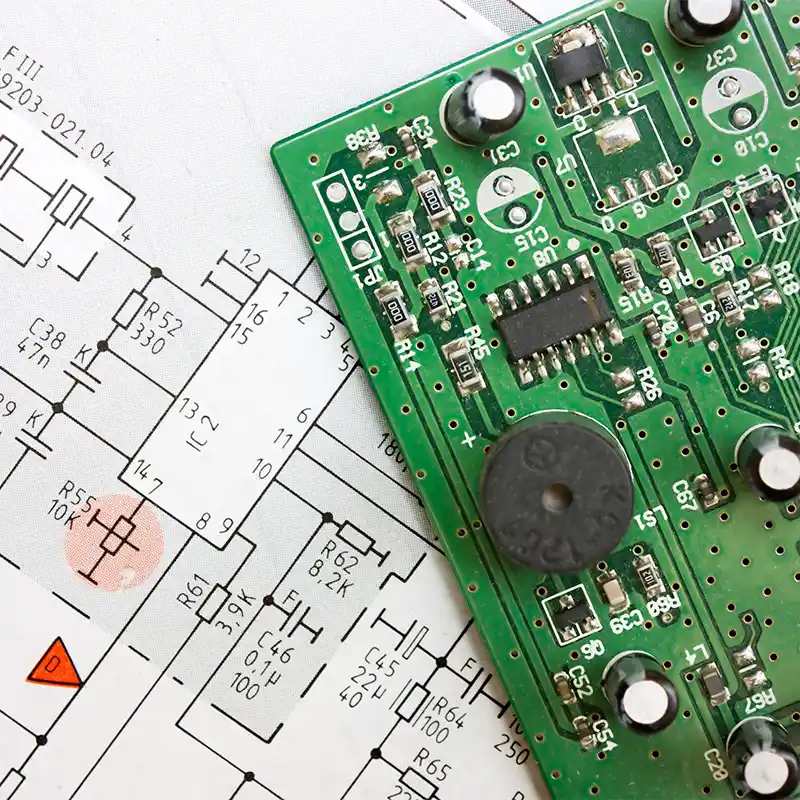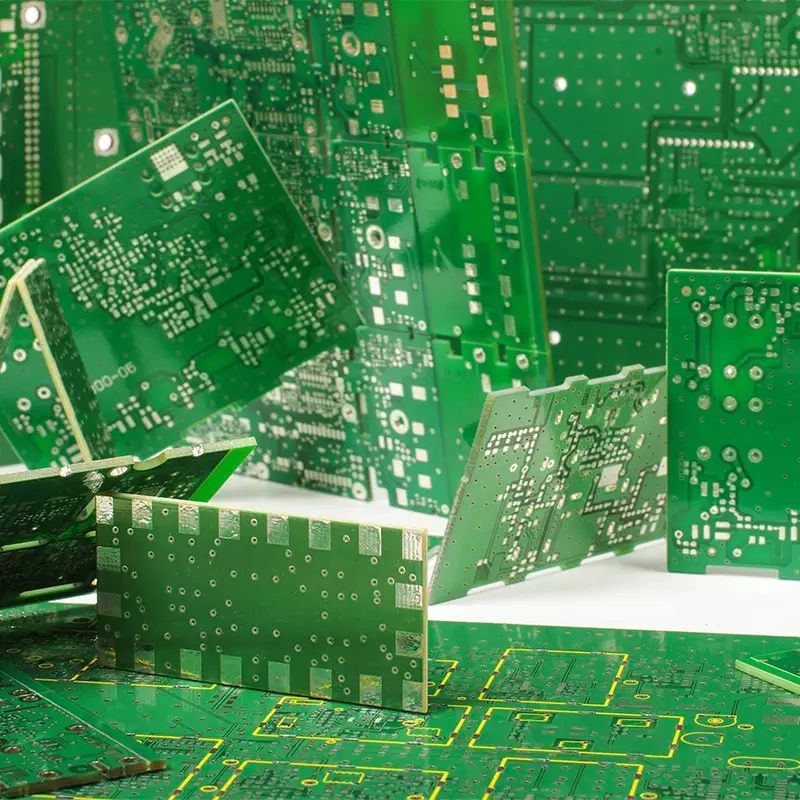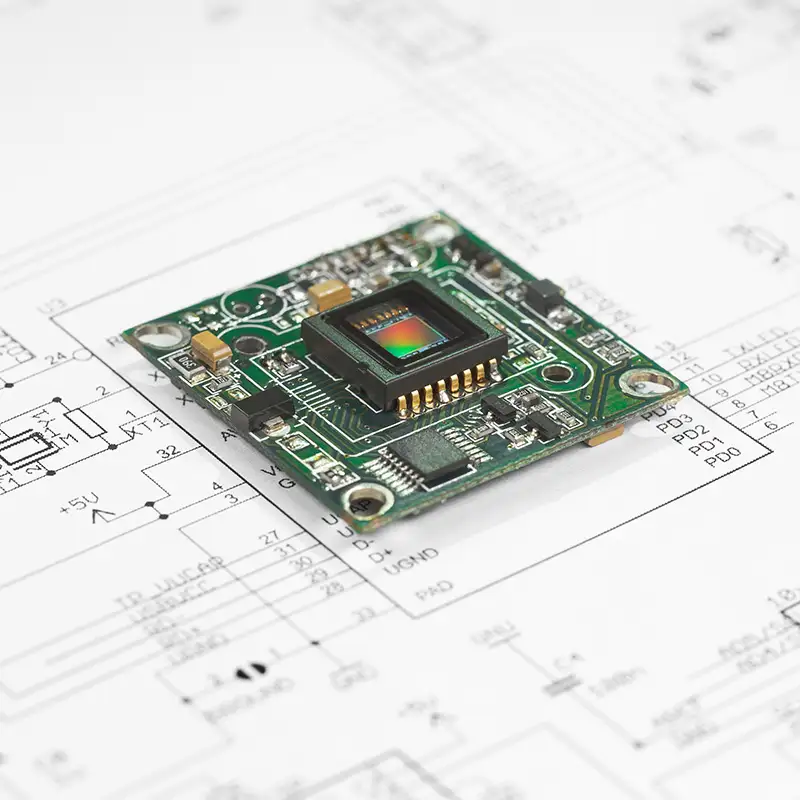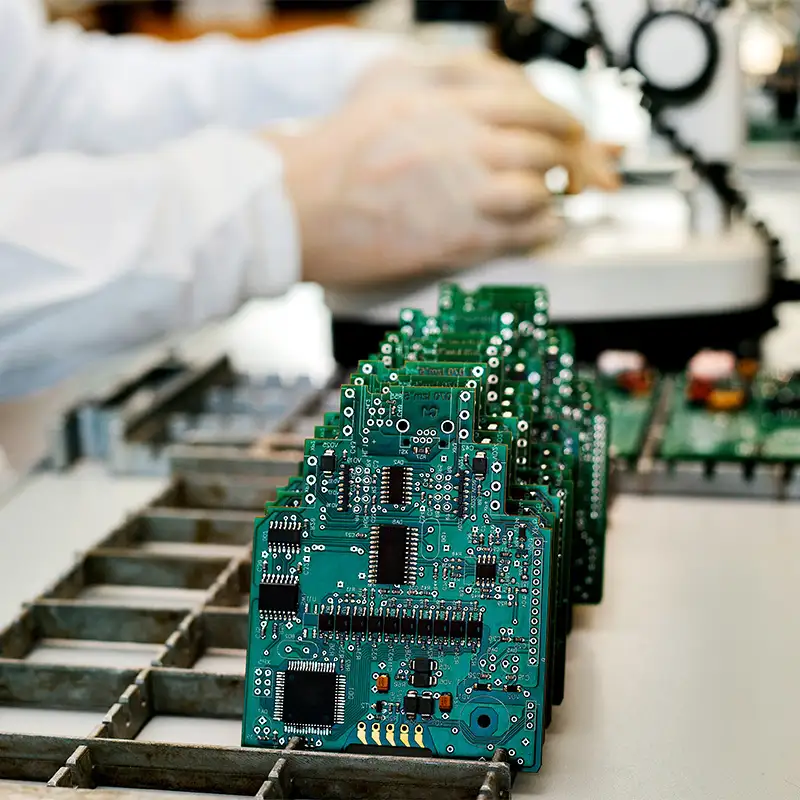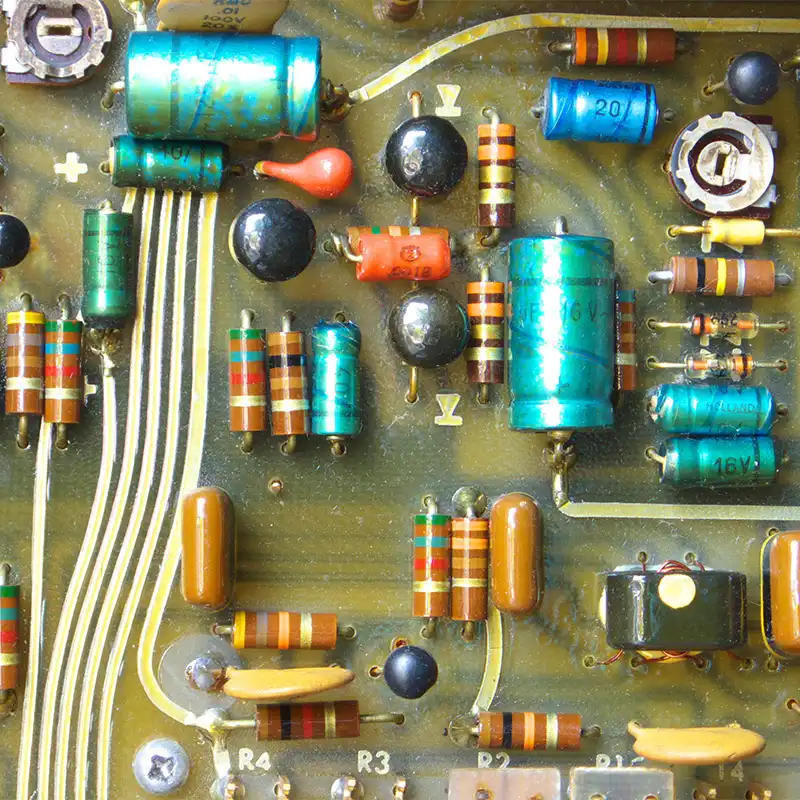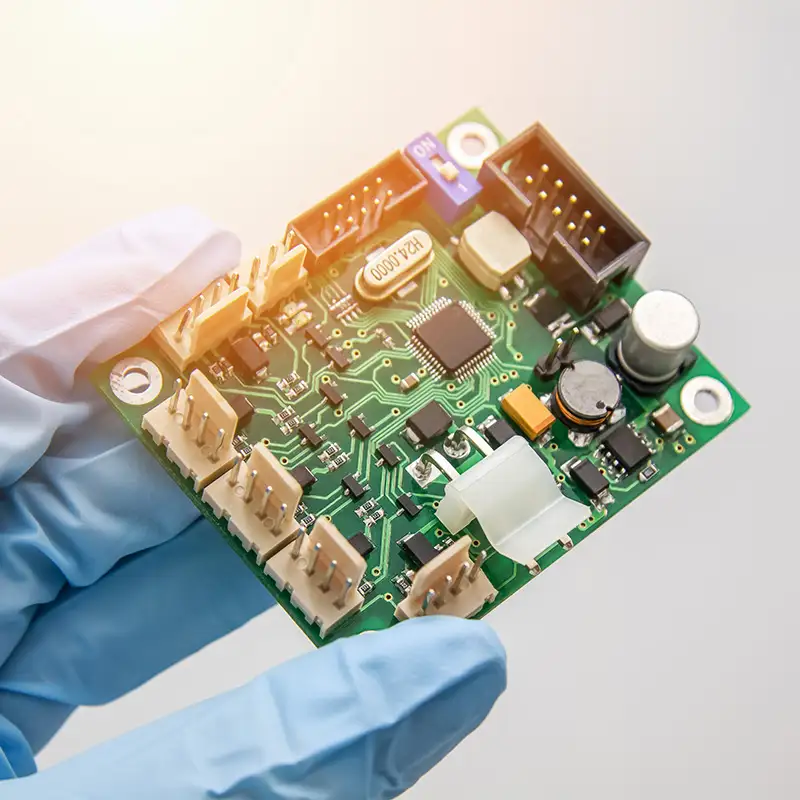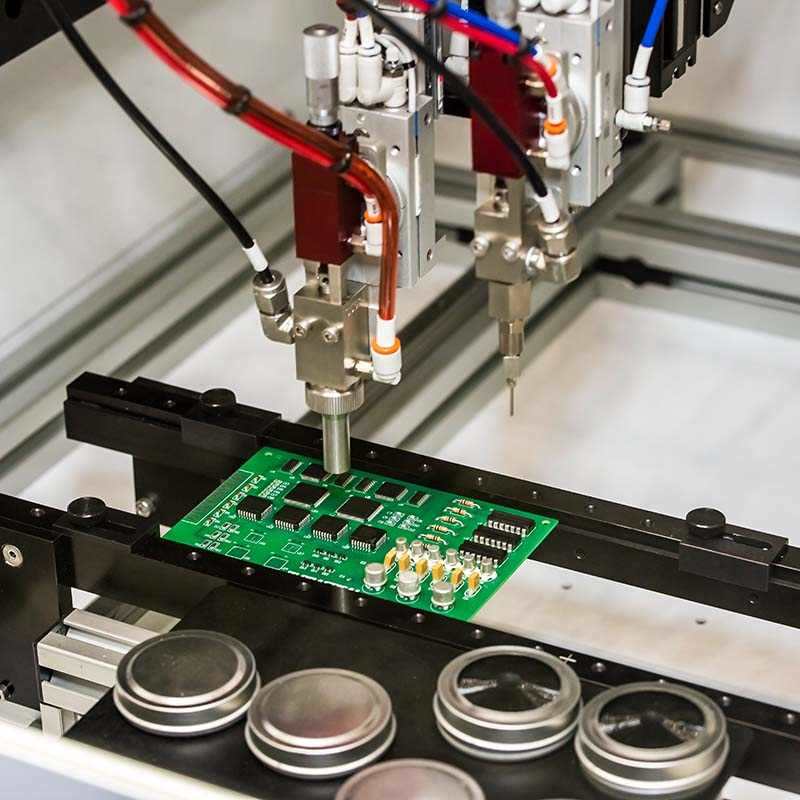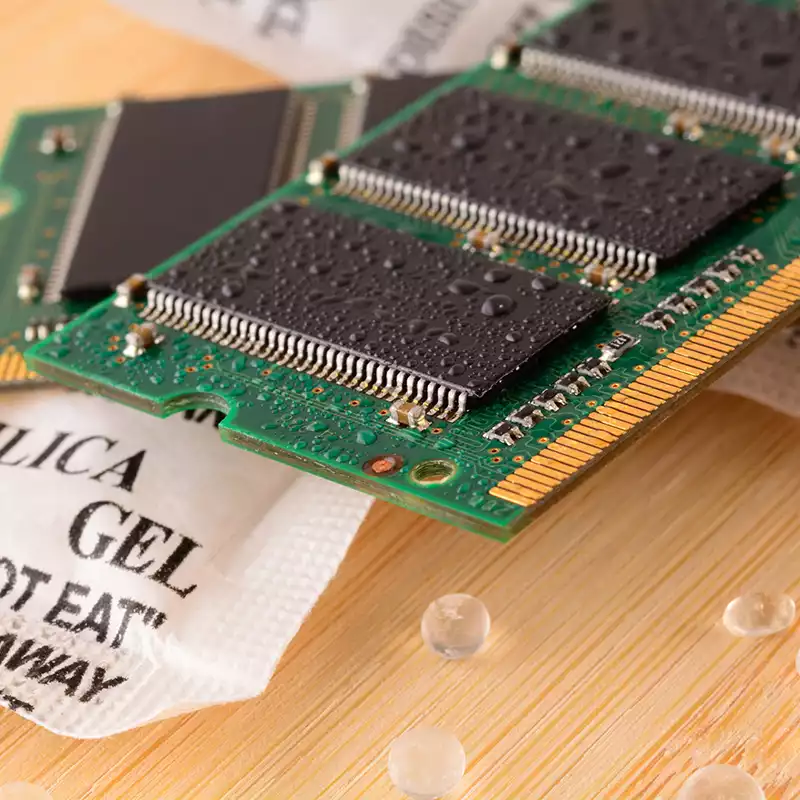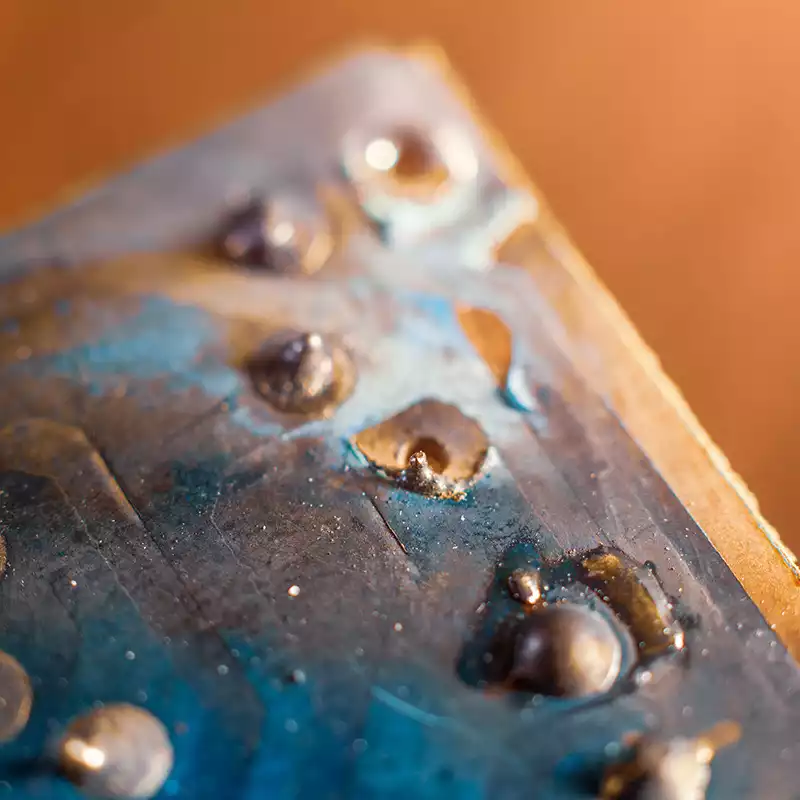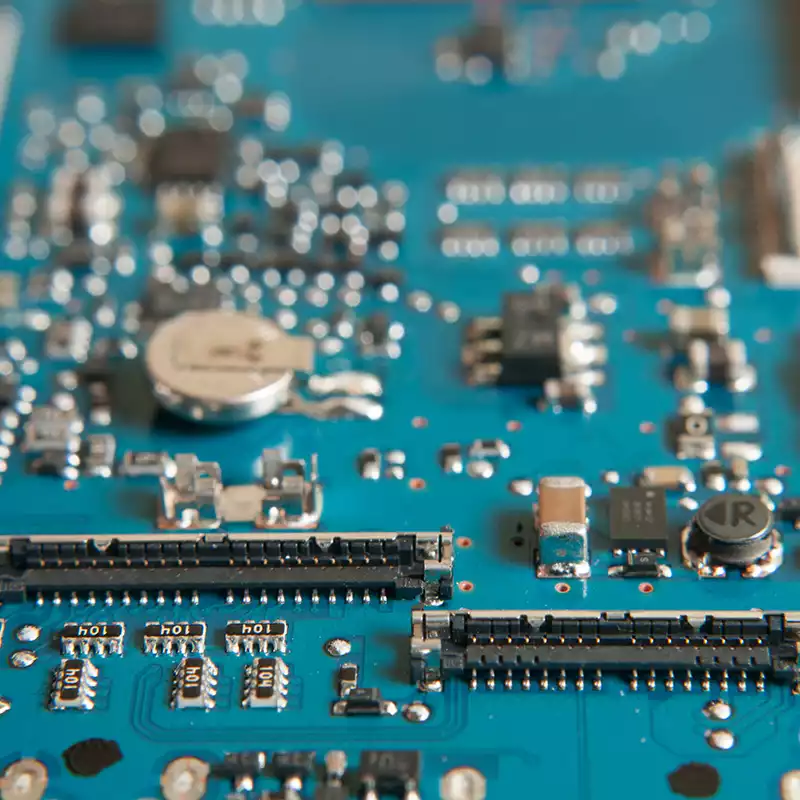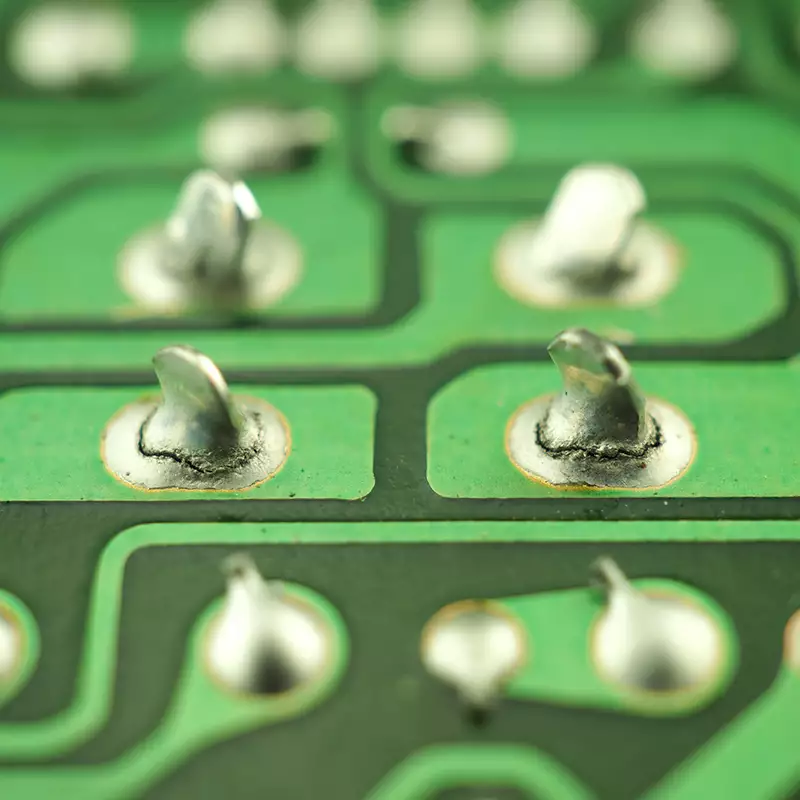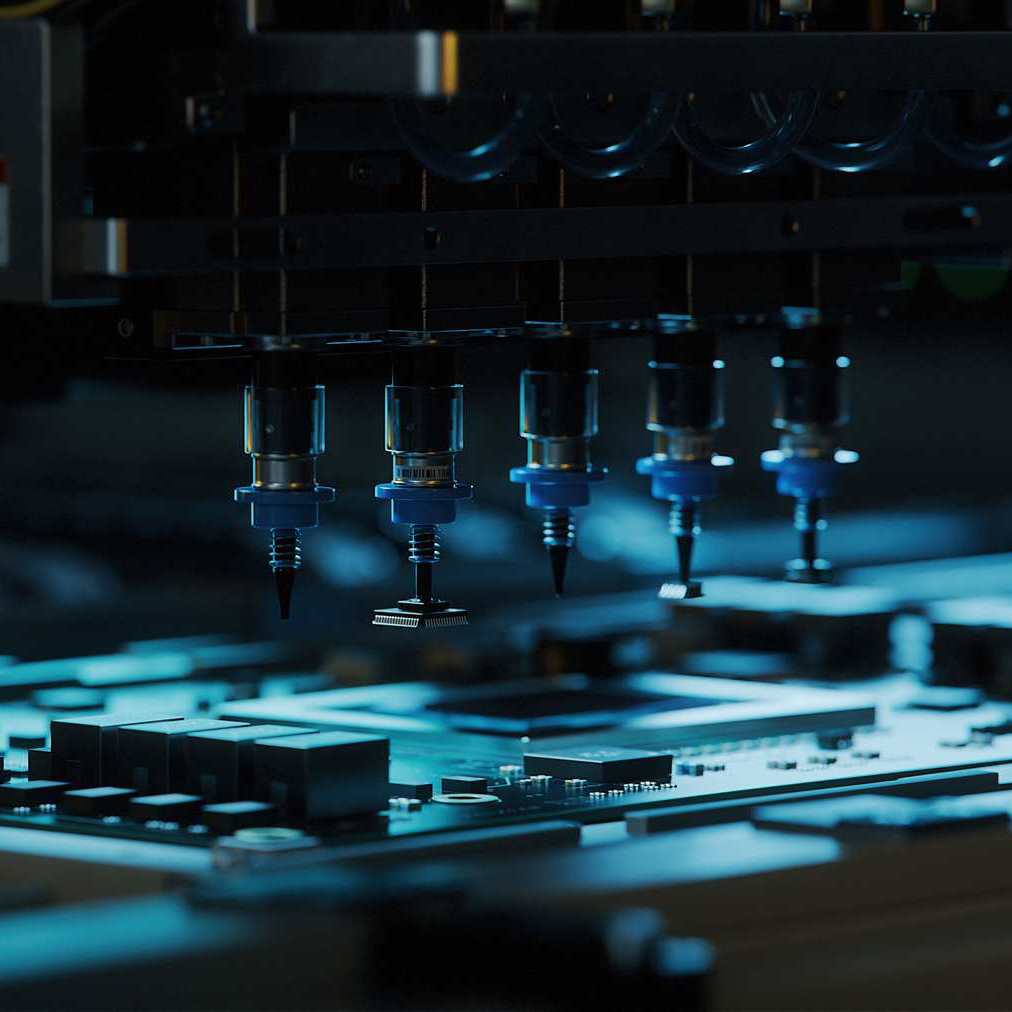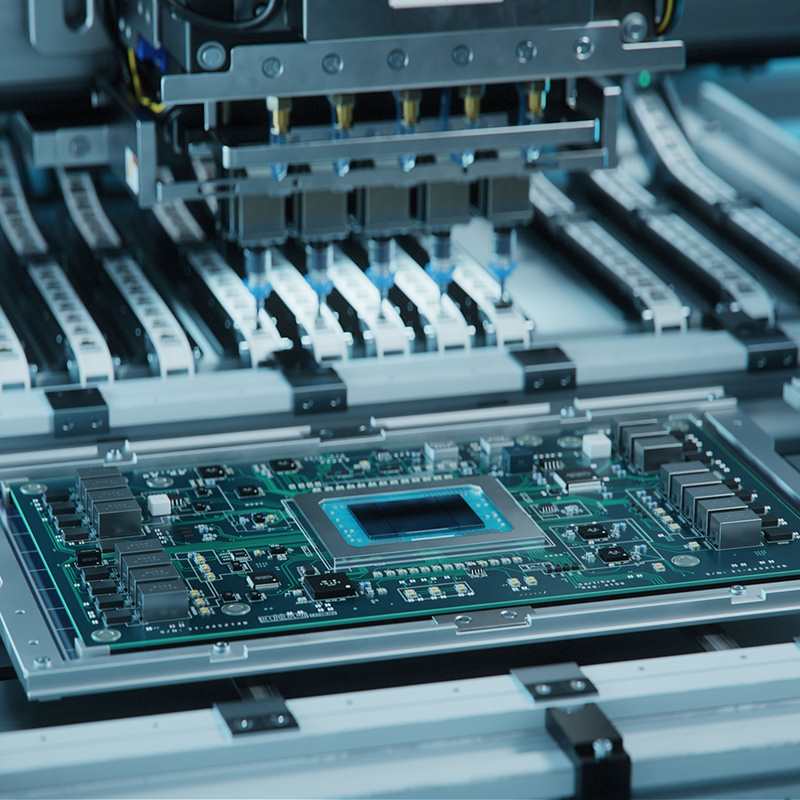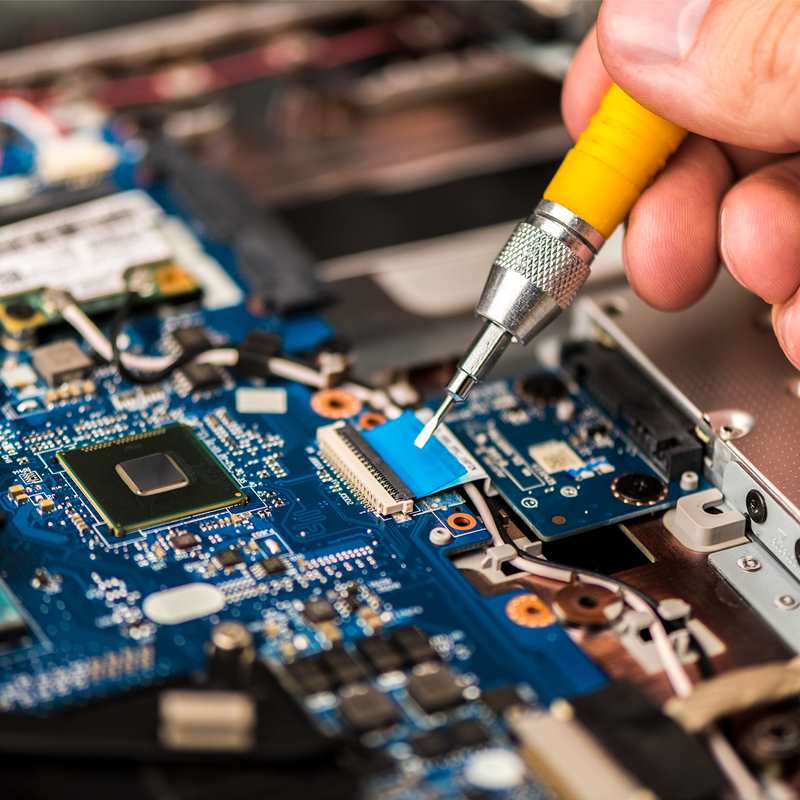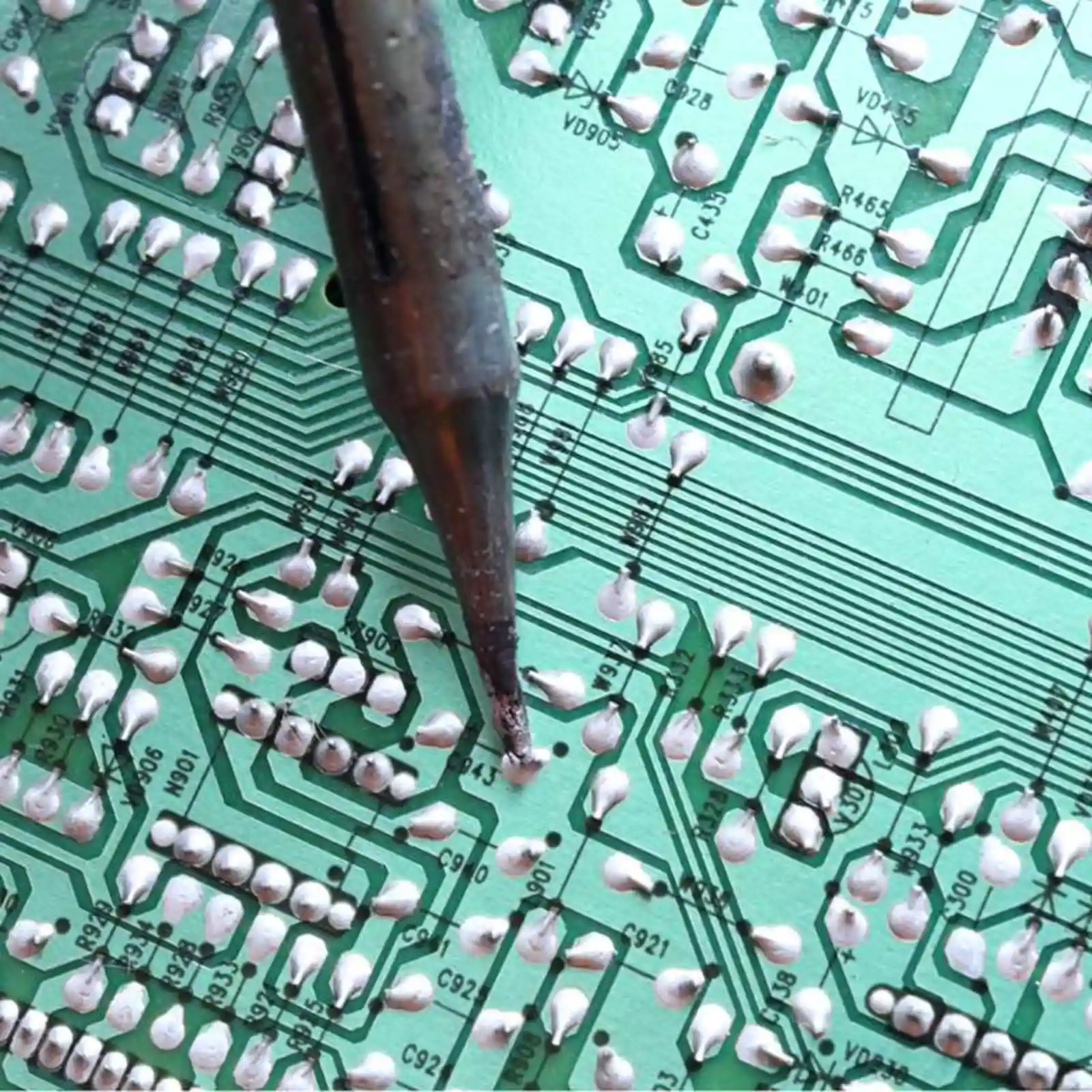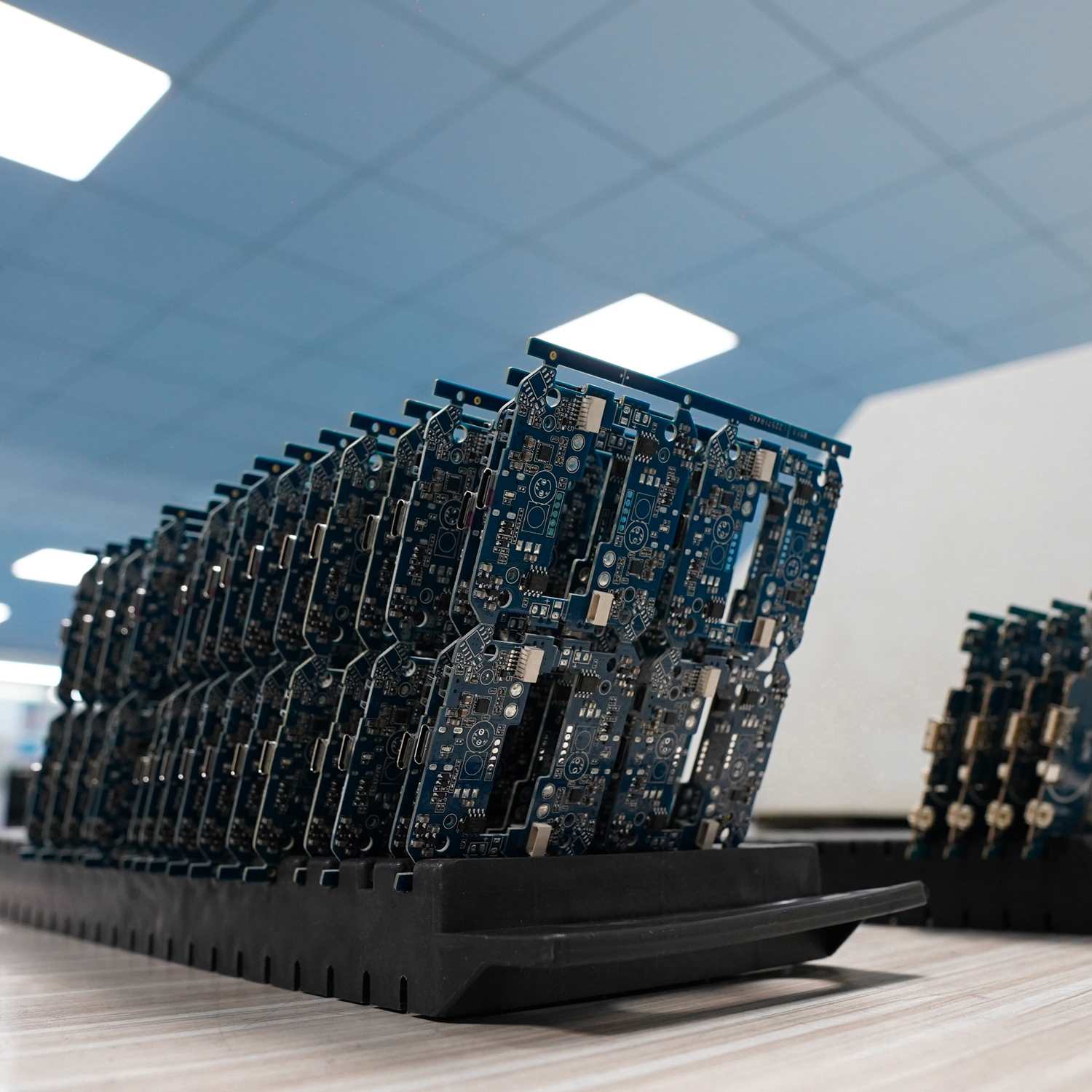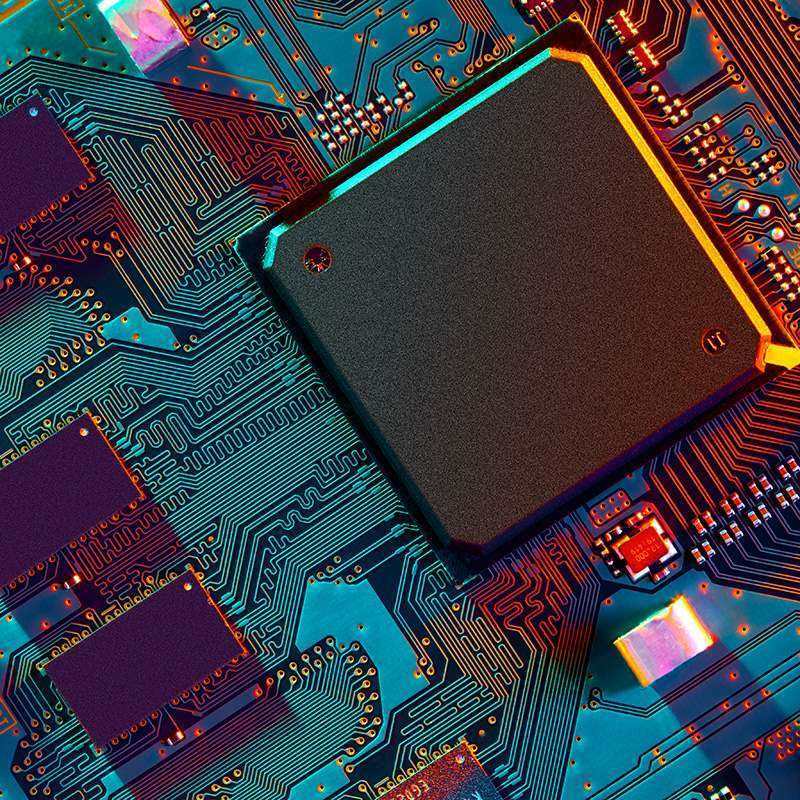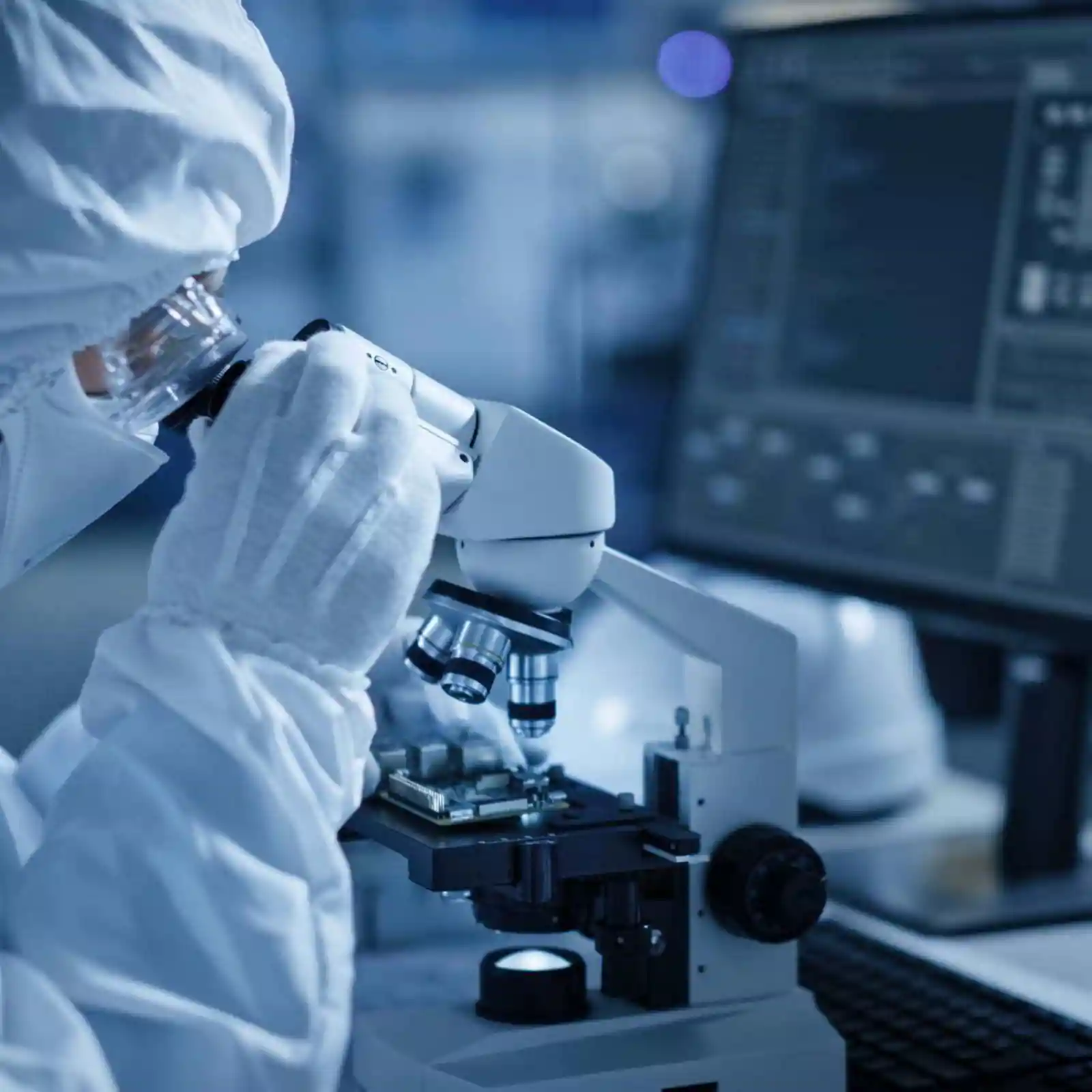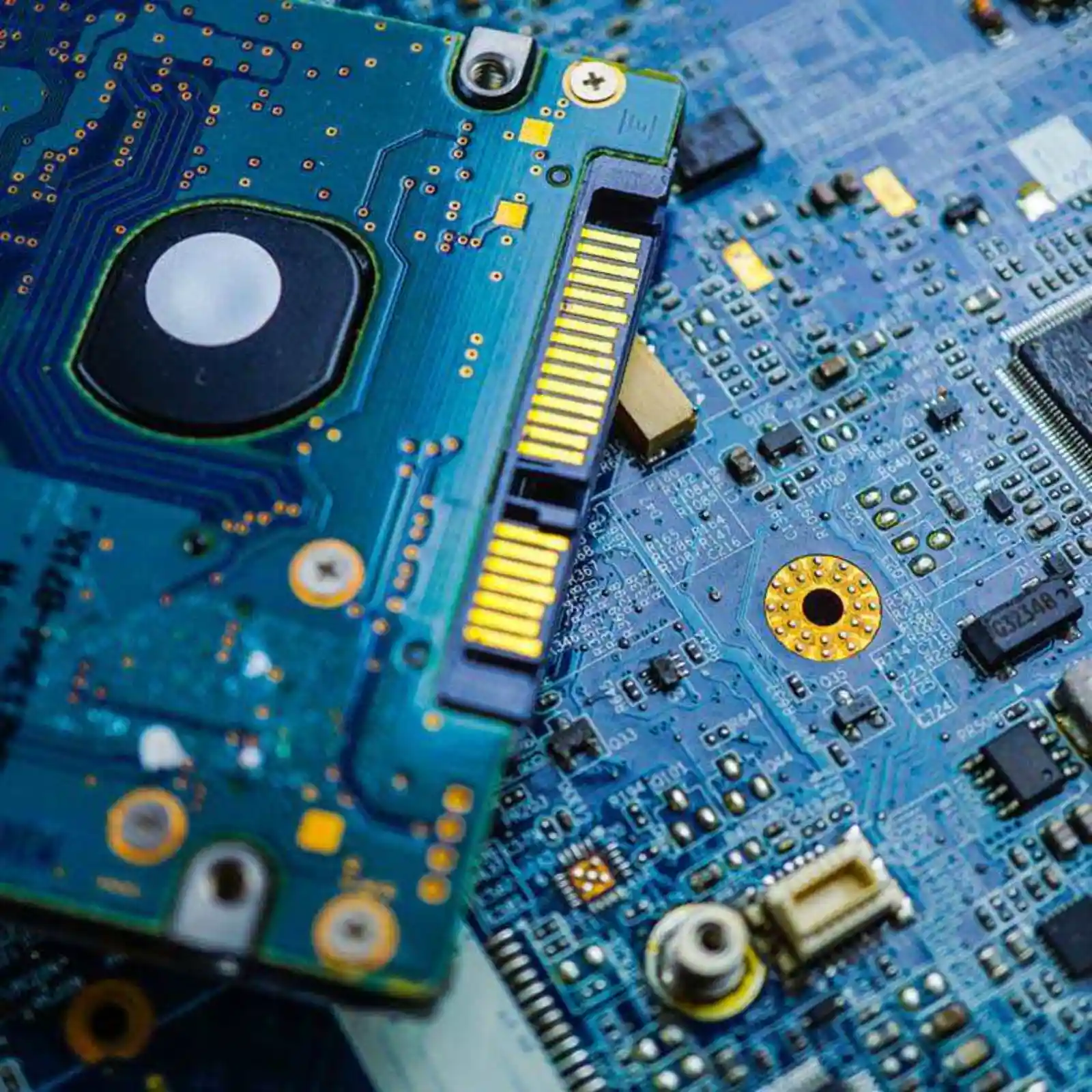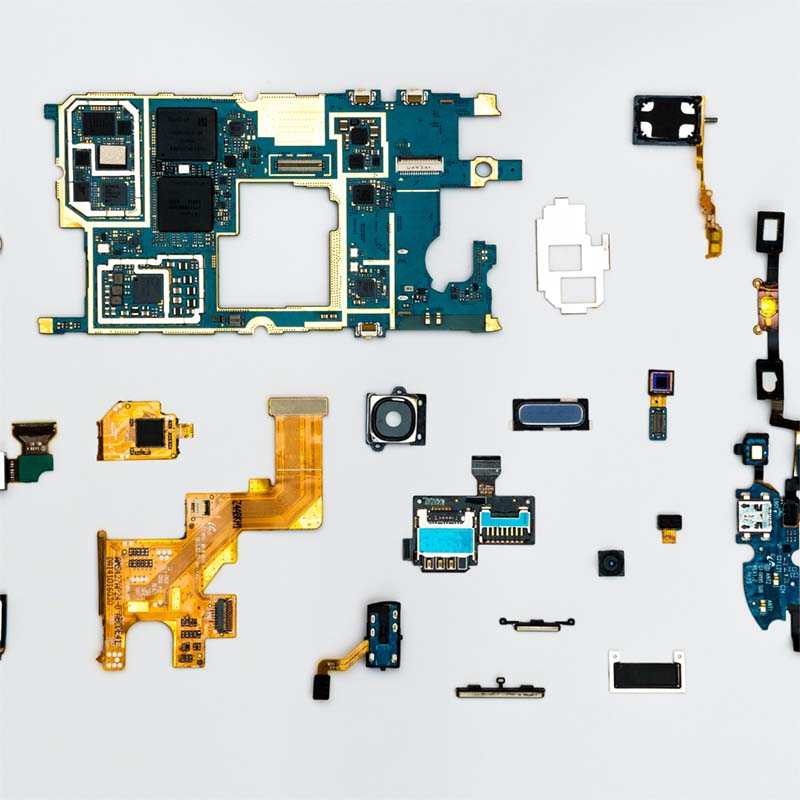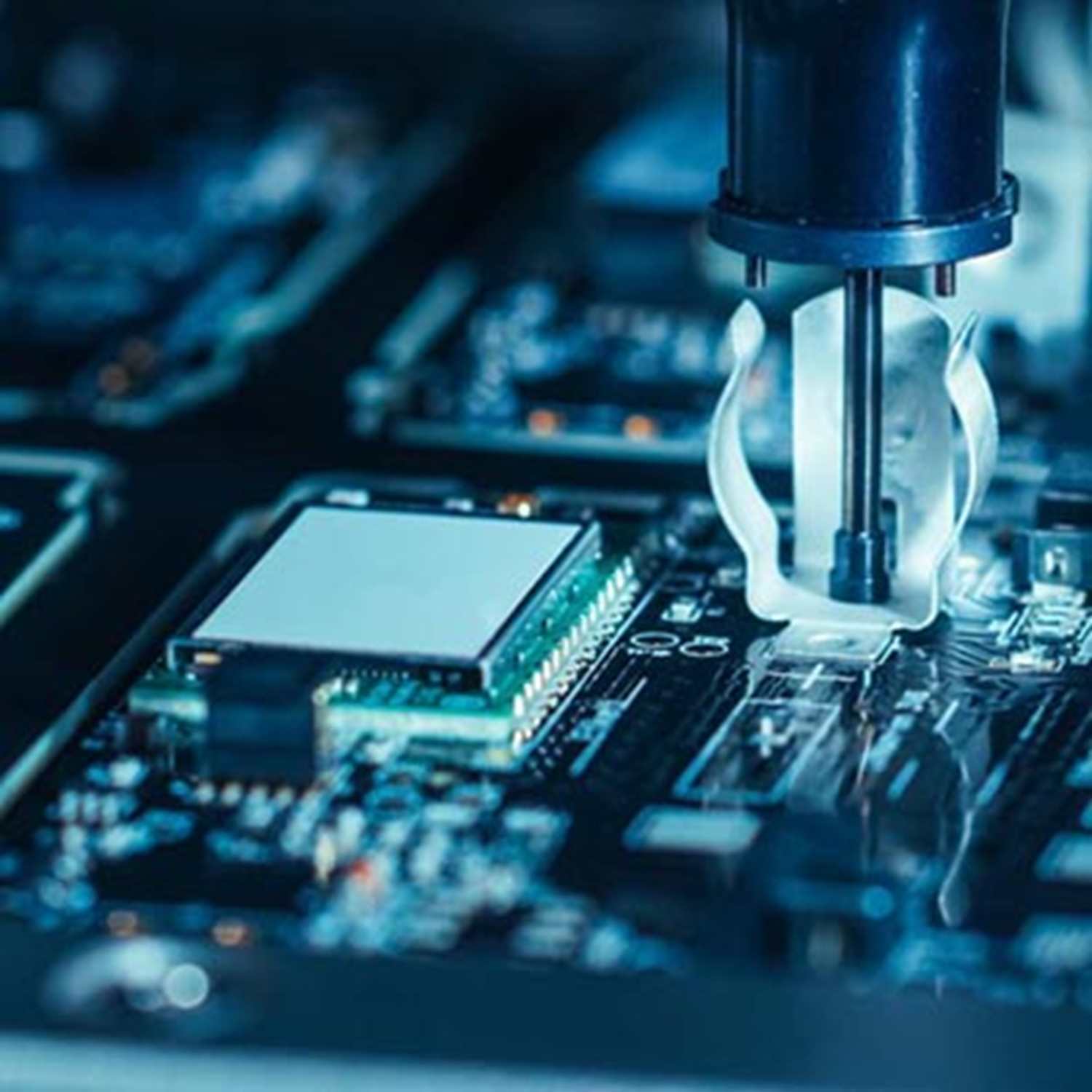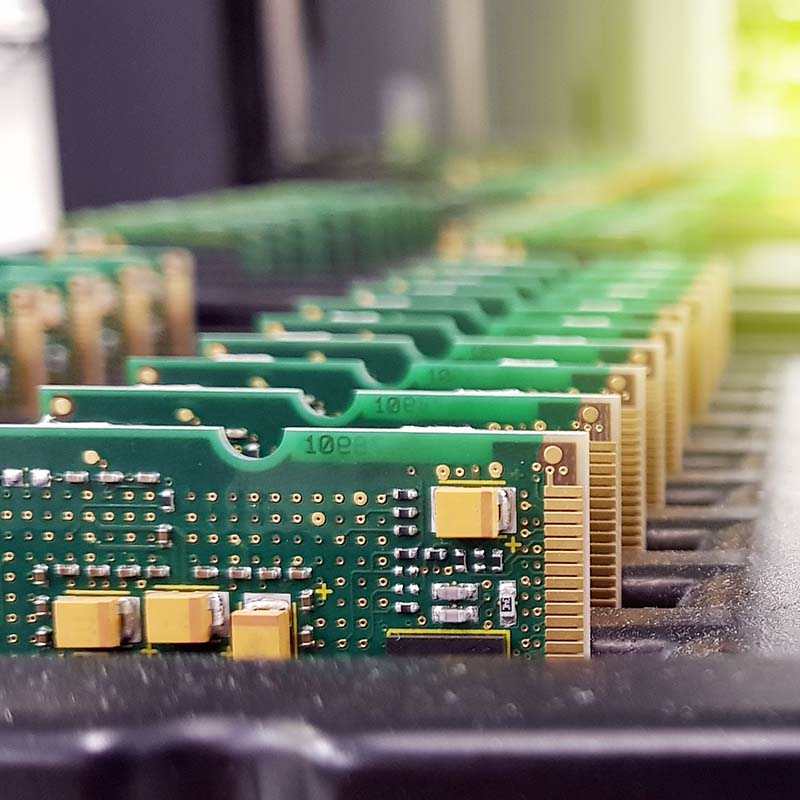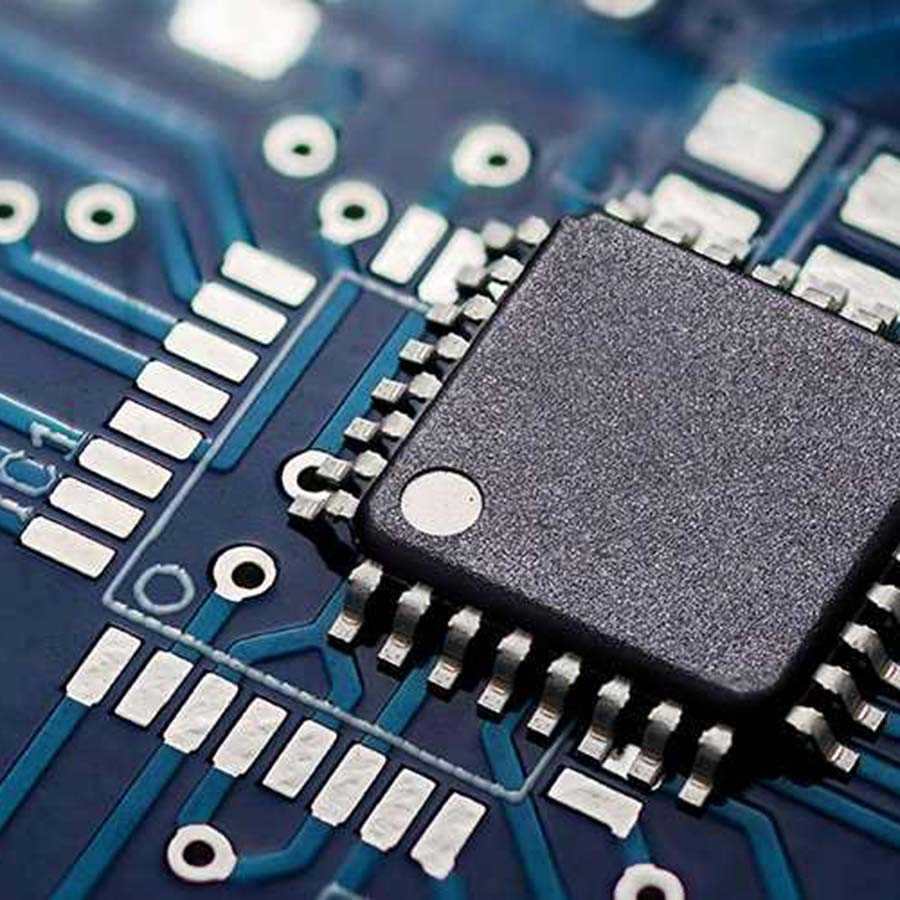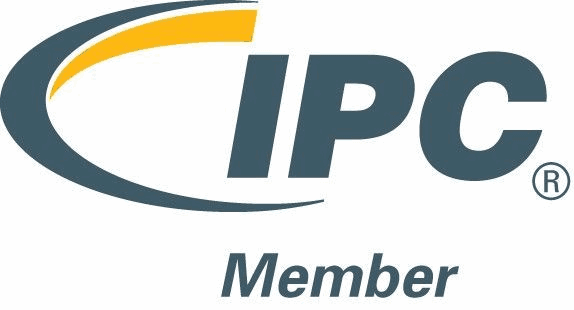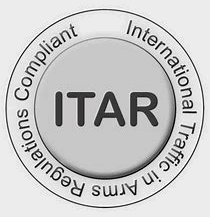
The ever-evolving field of PCB design and manufacturing has historically relied on labor-intensive manual methods, such as the meticulous arrangement of through-hole circuit boards on light tables with black tape and sticky dots.
The introduction of early CAD systems revolutionized this process, greatly enhancing efficiency - but with the continuous advancement of technology, especially the emergence of small, fine-pitch surface mount components, more adaptable systems and manufacturing processes have become essential.
Printed circuit boards (PCBs) are the unsung heroes behind the electronic devices we rely on daily. These delicate pieces of technology, comprising various electronic components and intricate pathways, are susceptible to a wide range of environmental hazards. Protecting them is paramount to ensure the longevity and reliability of electronic devices. Among the methods used for this purpose, potting stands out as a robust and effective approach. In this article, we will delve deeper into potting and its significance as a great way to protect circuit boards.
In an era where electronic devices permeate every facet of our lives, ensuring their functionality under all circumstances is essential. However, there exists a category of environments and industries (like military and aerospace) where electronics face substantial challenges—harsh and demanding conditions like extreme temperatures, humidity, corrosive chemicals, and mechanical stress. To safeguard electronic components and circuits from such unforgiving surroundings, the role of conformal coatings is paramount.
Flux and cleaning intricately intertwine, with neither being separable from the other in discussion. The assortment of fluxes and cleaning procedures wield a pivotal influence over the manufacturing yield and dependability of electronic assemblies. After the soldering process, the elimination of any corrosive residue from the surface becomes imperative.
In a world characterized by ever-evolving supply chain challenges, PCB designers are finding themselves in the position of having to craft backup plans that will ensure smooth production processes. With the unprecedented disruptions that the global market has faced in recent times, the need for alternative packaging options in the Bill of Materials (BOM) has become more apparent than ever before. Companies serving industries such as defense/military and aero - those with extremely tight controls on the materials specified for a project - will benefit greatly from the insights below!
In today's rapidly evolving electronics industry, the demand for smaller, more powerful, and complex devices is on the rise. This puts immense pressure on PCB designers to create boards that are not only high-performing but also sustainable. Achieving this balance can be challenging, as design choices that maximize performance often come at the expense of environmental friendliness. However, with concerted efforts and the right approach, it is possible to develop circuits that excel in both. In this article, we will explore some of the key factors to consider when designing sustainable PCBs.
The surface mount technology (SMT) industry is a realm of perpetual evolution. Regardless of one's years of experience in SMT, there is always something new to learn. For instance, a remarkable fact emerges even after decades of SMT production: less than 10% of companies achieve a first pass yield of over 90%, leading to excessive rework for the overwhelming majority of EMS providers. Clearly, there is a pressing need for continued optimization and improvement.
Like most industries throughout the modern manufacturing realm, today’s electronics
manufacturers are increasingly turning to automation to help their businesses remain flexible,
efficient,
and sustainable. Automated manufacturing technology offers American electronic manufacturing
service (EMS)
providers the increased capacity required to compete with their counterparts overseas. Beyond
productivity,
automation can also facilitate more consistent quality control and far more versatile product
range.
Today’s electronics manufacturing service (EMS) companies face a unique set of challenges in the
global marketplace. Supply chain issues still persist for many products, making it difficult (or
at times impossible) to procure critical materials and components. Check this article for more
on the biggest issues that today’s electronics manufacturers face.
In the fast-paced world of electronics manufacturing, time is money. To stay ahead of the
competition, companies must optimize their time investment and streamline their material
management processes. In this article, we'll share tips to help manufacturers increase
productivity, reduce waste, and achieve impeccable quality control.
PCB assembly is a complex process that requires a high level of expertise and precision. In this
article, we explore the PCB assembly process, from the initial design to the final product, and
the steps that are taken to ensure a successful outcome.
Mastering inventory management is crucial for start-ups and small businesses to maintain
profitability and stay competitive. In this article, we explore top tips and best practices,
from consistent receiving methods to utilizing ERP systems, that can help you optimize your
inventory processes and achieve success in today's fast-paced market.
Tech is getting smaller, but growing smarter. Handheld and wearable devices require smaller
boards and increased functionality. The solution is multi-layered PCBs. These space-saving
innovations fit more circuitry and capacity in an area much smaller than traditional
single-layer and double-sided PCBs. Check out this article to learn more about the manufacturing
process for multilayer PCBs.
Technology continues to advance and shape how we experience and interact with our world,
reaching wide-ranging areas of our life related to the food we eat, the houses we live in, how
we get around, and how we communicate.
You’d never go on a trip without a map. If you did, you’d end up lost, unsure of which direction
to go and which next step to take, wasting valuable resources like time, money, and peace of
mind. When it comes to electronic assembly and manufacturing, we can help you create the
schematics your project needs to ensure increasing success.
The Covid-19 pandemic has challenged companies to optimize their PCB assembly services to better
serve clients and stay competitive. In this article, we'll explore the critical success factors
that companies are implementing to improve their services and achieve greater long-term
profitability.
Ever wonder what makes your smart device go? While it may seem too complex to understand,
there’s actually a practical explanation. To learn more read our article: Active vs. Passive
Components.
Regardless of processes, standards, or testing, maintaining a completely foolproof method for
cleaning or determining cleanliness standards is extremely challenging. At MPL, we employ a
unique combination of engineering, sampling, and strict quality control based on years of
experience and innovation to deliver the cleanest and most reliable PCBs on the market.
This blog post provides a data-backed update on silicon wafer production and explains how recent
trends will eventually serve as great news for the semiconductor industry.
At MPL, we understand that global supply chain issues are a subject which many of our customers
have been keeping close tabs on. This blog post provides an update regarding recent
improvements, as well as the areas of industry that we are continuing to monitor.
At MPL, we believe continual improvement of PCB assembly techniques are the key to providing
customers with the highest quality final product. Discover how this dedication to quality has
impacted the way that we conduct conformal coating procedures.
From shipping to end-use, there are countless ways that moisture can be introduced to a printed
circuit board’s environment and lead to damage. Learn more about how MPL and other PCB
assemblers deal with moisture.
Have PCB assembly costs become hard to keep up with? Are large production runs creating
challenges for your business? If so, MPL has a few cost saving tips and design strategies that
can potentially save you significant amounts of time and money.
There are many ways PCB assembly companies must strategically operate in order to avoid needless
costs as the result of supply chain shortages. One of the most important areas of operation
relate to the collaborative approach of working with EMS companies, or electronics manufacturing
services companies. Good communication can often become the deciding factor as to whether an
order is delivered on time or not - today, more than ever.
Creep corrosion is a growing concern for many PCBA customers who work in high-sulfur
environments. The best strategy to avoid creep corrosion is to work with a company that
understands this type of defect thoroughly and is equipped to prevent it. This post delves into
why creep corrosion occurs and what can be done to solve this issue.
Reworking SMT connectors can be challenging, but the right assembly provider understands how to
produce high quality results every time. Read this blog post and discover how our experts carry
out a highly efficient rework process.
The newly passed CHIPS Act has provided U.S. supply bases with the resources necessary to
reinvigorate Semiconductor, "Chip", manufacturing and the electronics assembly market as a
whole. Through subsidization, tax relief and other incentives, the Government hopes to bring
American Semiconductor manufacturing stateside and decrease dependence on foreign entities. MPL
invites you to learn more about the details of the CHIPS Act and what it means for our industry.
As a leading PCBA company, MPL understands the ins and outs of the assembly process, including
the most common defects that can arise during SMT assembly. We invite you to learn more about
these defects and how MPL avoids them to ensure quality in every order.
Given the many advantages of surface mount technologies, customers are curious as to how this
production strategy was initially conceived and how it has evolved over the years. This blog
post maps out SMT’s rich history and discusses how this technology continues to adapt to
evolving industry needs.
Because low volume, high mix production capabilities serve a useful purpose for many customers
with increased product line variability, it may be surprising to learn that this type of
production is less desired in the industry. Reason being, low volume/high mix production is more
"difficult" for a number of factors, but companies like MPL combat challenges using a variety of
resources which are detailed here.
Failure analysis is a method of quality assurance used across a wide variety of industries, not
limited electronics, that MPL uses to ensure every printed circuit board assembly is in perfect
functioning order. Discover what is involved during proper failure analysis procedures.
Through hole soldering defects can, at times, be the one thing preventing customers from
receiving high-quality end-product results. This is why it is crucial to understand the common
issues that occur during assembly in order to best avoid and address them.
Electronic manufacturers produce reliable PCBAs when they communicate with customers to ensure
that they fully understand their quality expectations. Explore how leading contract
manufacturers improve PCBA reliability by consistently investing in the PCB cleanliness process.
If the global “chip” shortage has impacted your business, you may be wondering why manufacturers
cannot simply stockpile these important components to avoid supply chain issues. MPL addresses
these questions by discussing the “lifespan” of semiconductor components, as well as the methods
used to increase the timeframe of usability.
At MPL, we pay close attention to the factors impacting our industry, including less talked
about issues like counterfeit PCB components. Our team eliminates risks that prove detrimental
to other PCB assembly companies by implementing strategies to avoid counterfeit parts.
Looking to mitigate quality issue risks deriving from new market trends in the PCBA industry?
MPL is knowledgeable of the most prevalent trends that have affected our industry in recent
years and shares that knowledge in our most recent blog post. Furthermore, we provide
information on how our company works to solve these potential manufacturing hazards and
continues to provide high quality products to our customers.
A manufacturer’s worst fears come to fruition when they receive their PCB assembly orders, only
to find that a defect prevents their product from functioning properly. This blog post covers
the most common PCB assembly issues, as well as the testing processes used to ensure no defect
makes it past our team unnoticed.
When supply issues threaten your business’s work flow and increase lead times for PCB assembly,
it is crucial to partner with a company that can reliably offer suggestions for alternate
components and assistance with board redesign to avoid running into LT issues again and again.
If quick turn prototype assembly is the key to full production PCB assembly, then what are the
keys to successful prototyping projects? MPL walks through three most important things needed
for a PCB assembly company to succeed at fulfilling cost-effective, high-quality prototype
assembly orders.
When choosing a PCBA company to partner with, do not make the mistake of taking into account per
unit assembly cost, only. The key to choosing the best possible PCBA company is by evaluating
possible “hidden” cost factors, which are impacted by quality, delivery, responsiveness and
communication.
Design for Manufacturability is a critical part of the overall manufacturing process and at MPL,
we have spent decades perfecting a comprehensive checklist that can help customers avoid
expensive mistakes in production. From documentation to test, explore the various factors we
consider before the full production process and how these steps improve quality and lower
manufacturing costs.
No industry is being hit like the semiconductor industry when it comes to supply chain
disruptions. Procurement teams are seeing 30, 40 and 50+ week lead times for components,
regularly, in what appears to be the “new normal”.
©2026 MPL Incorporated
Built by GORGES

